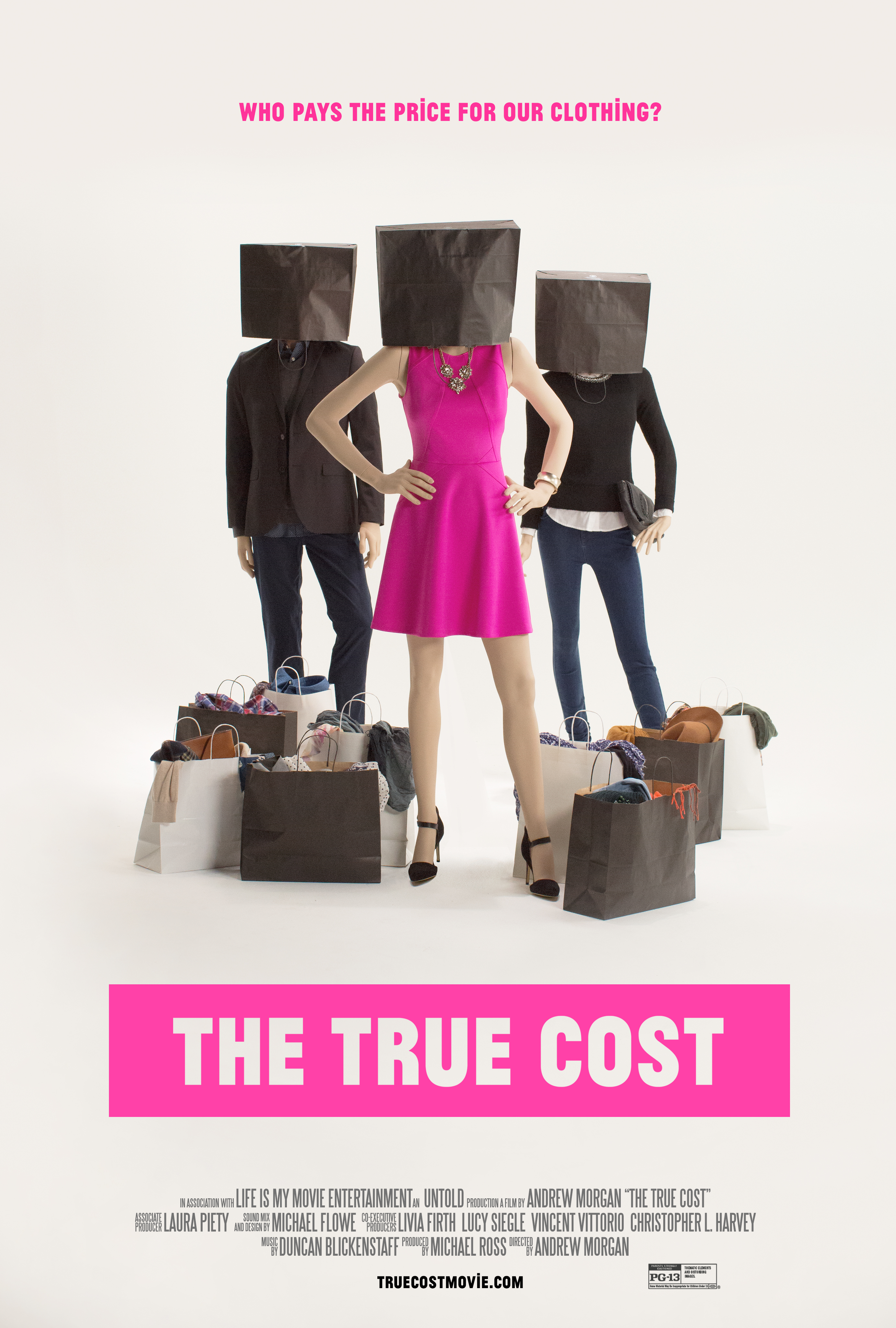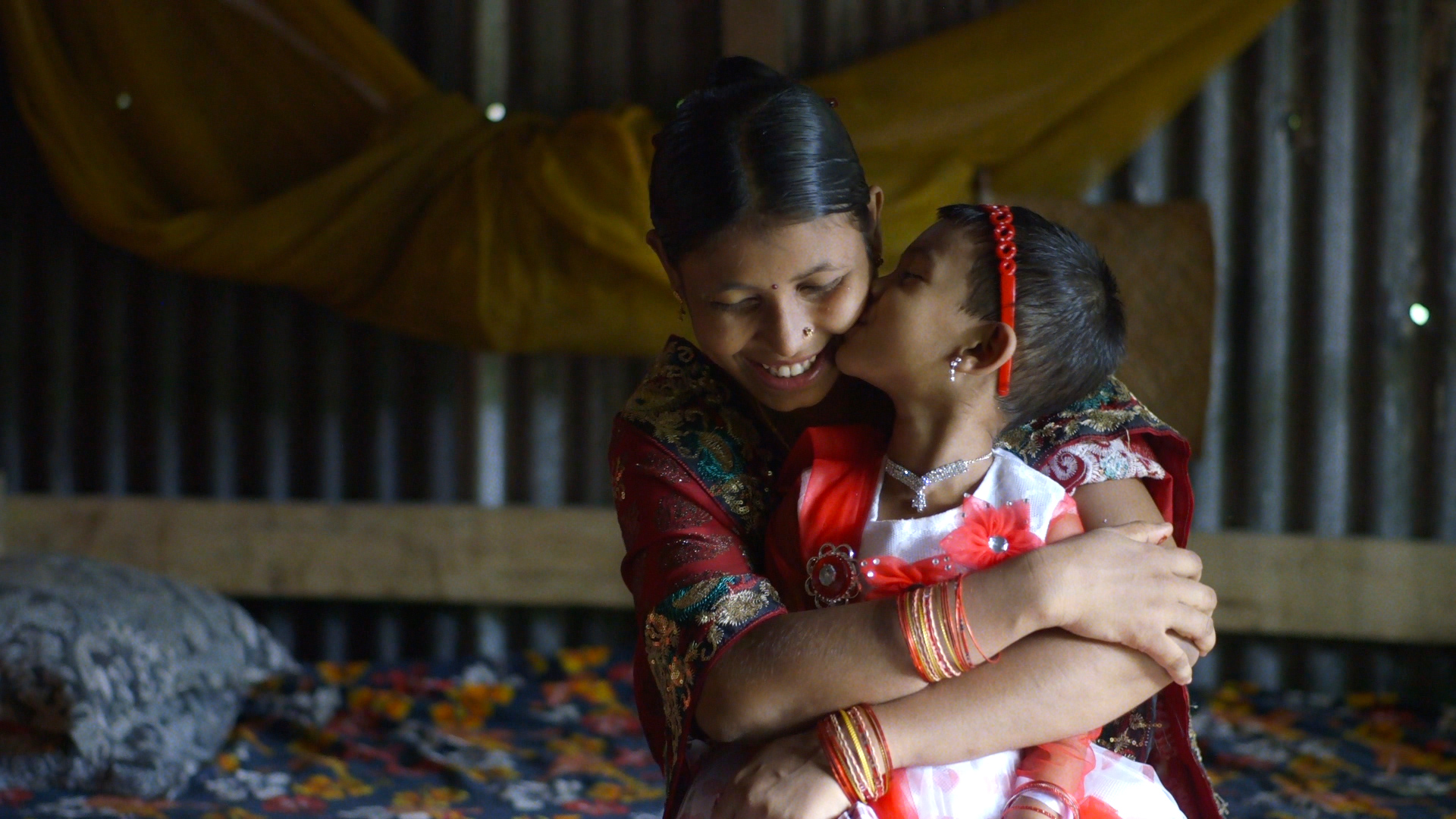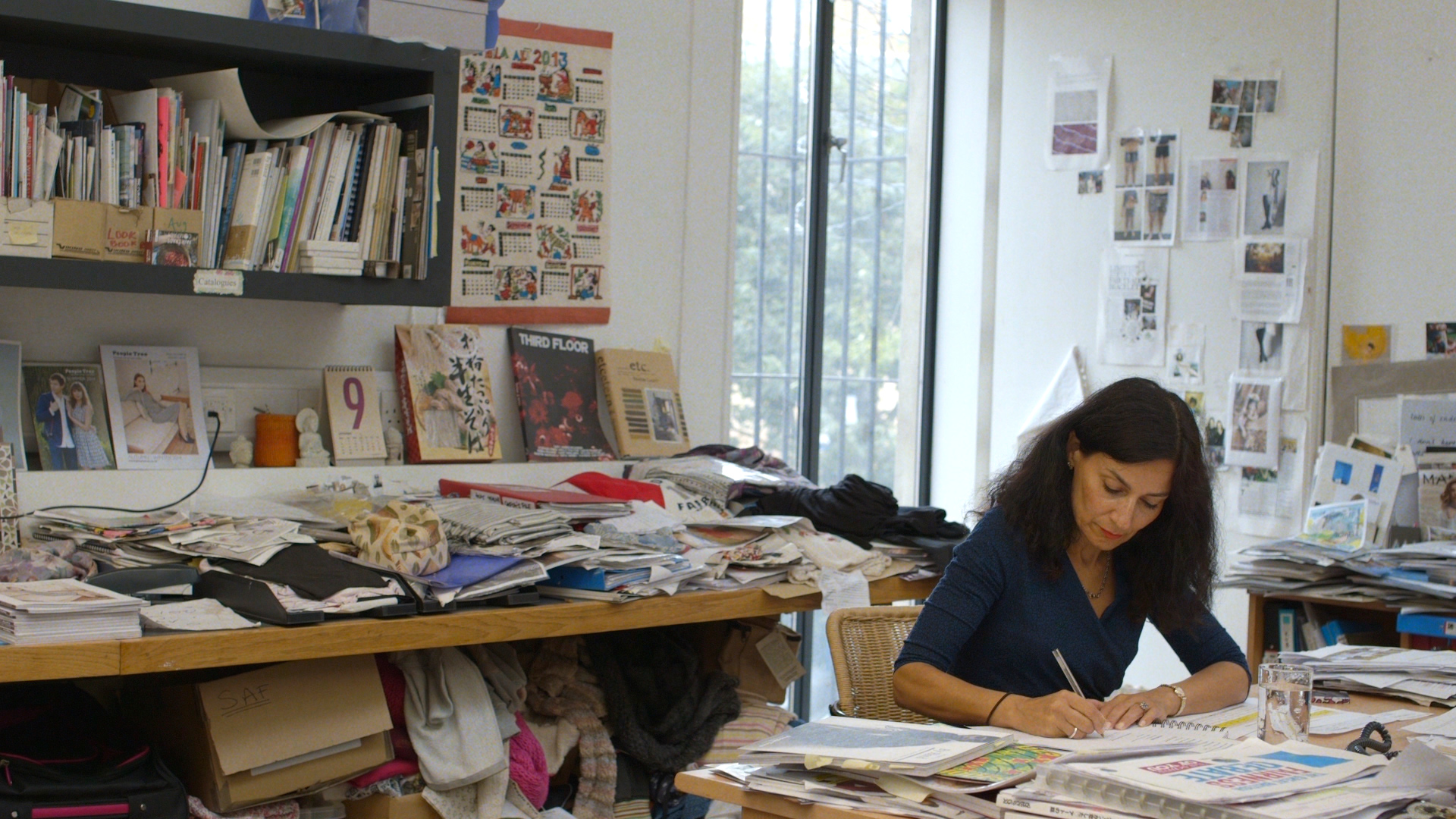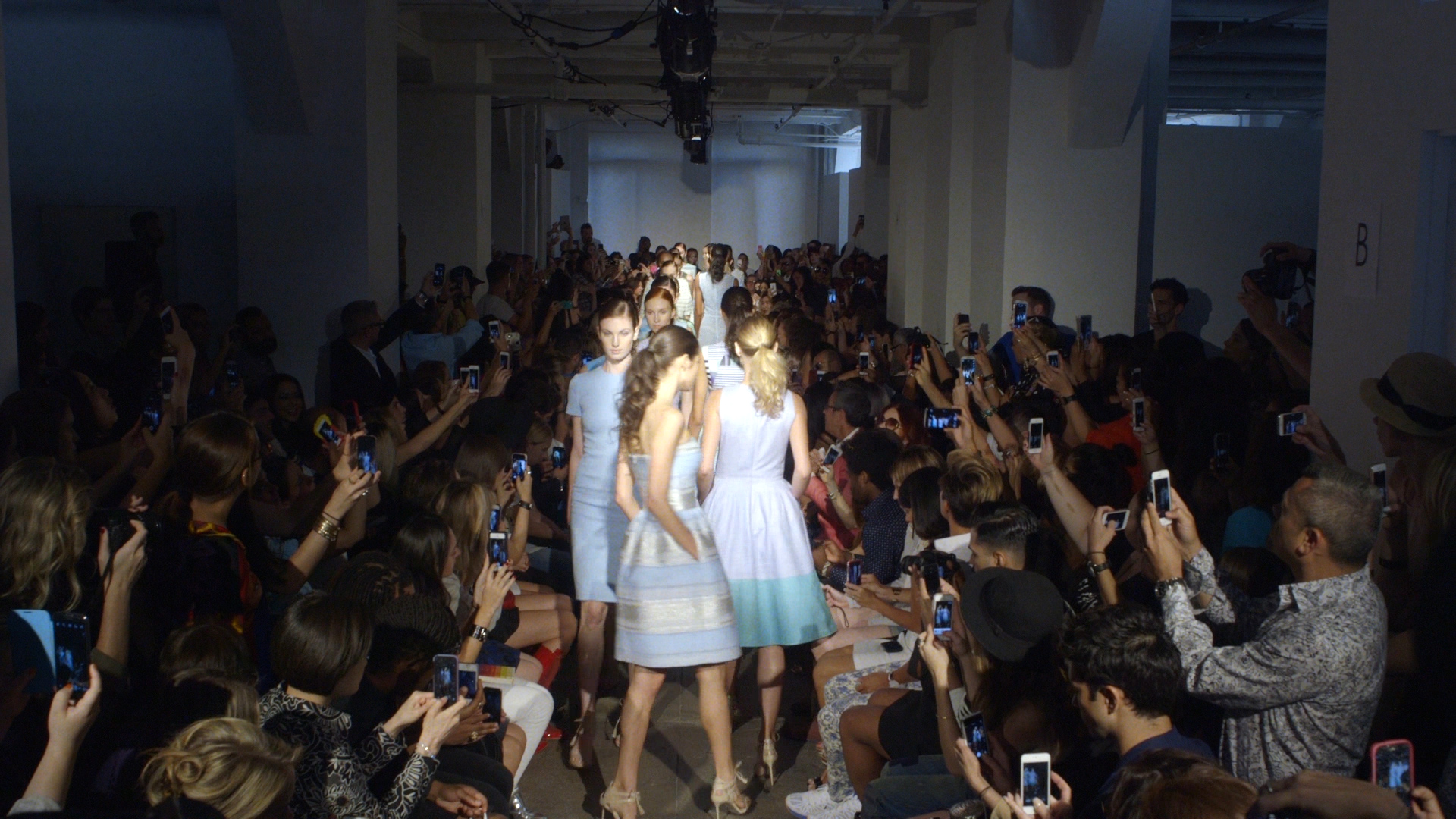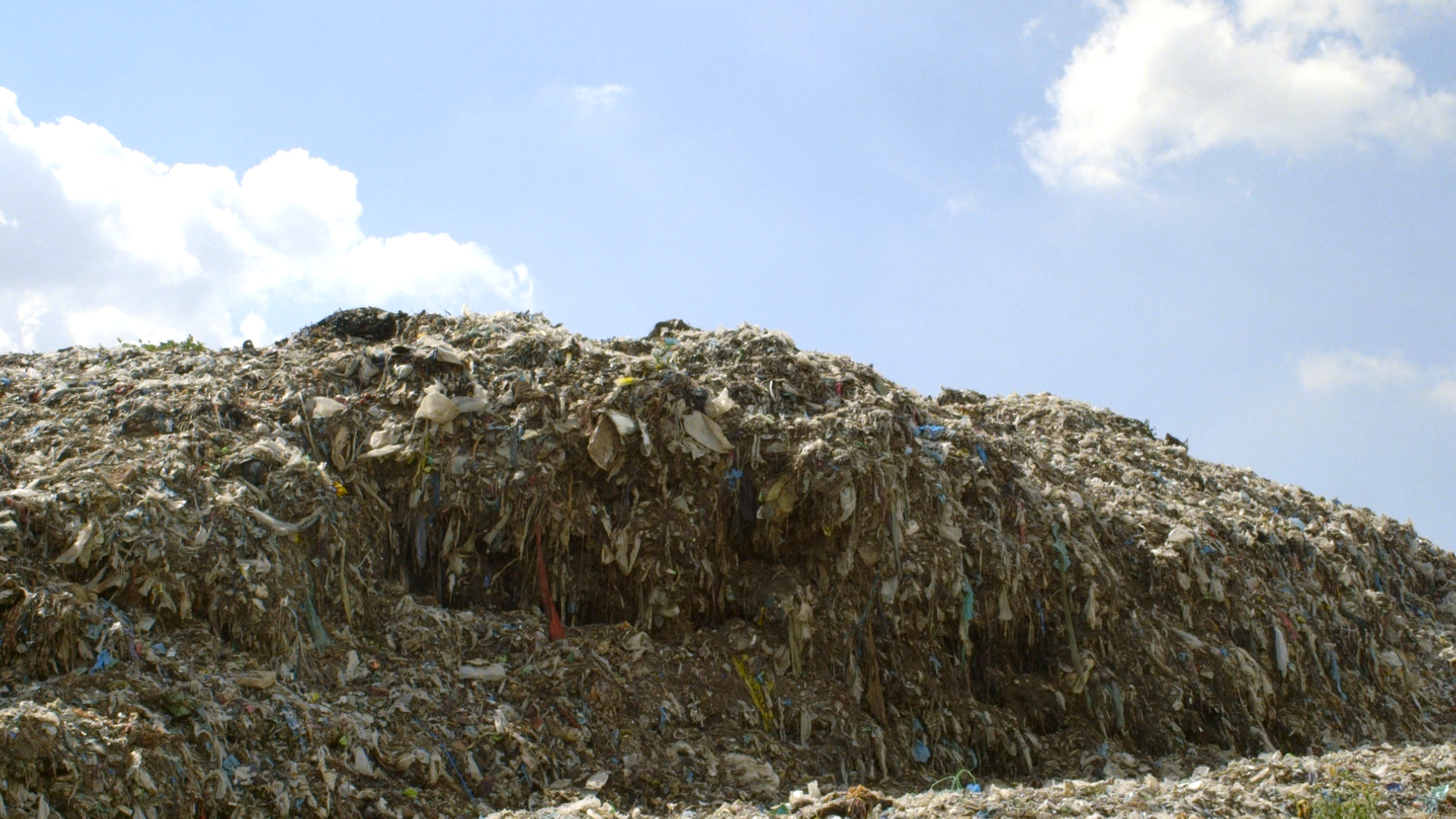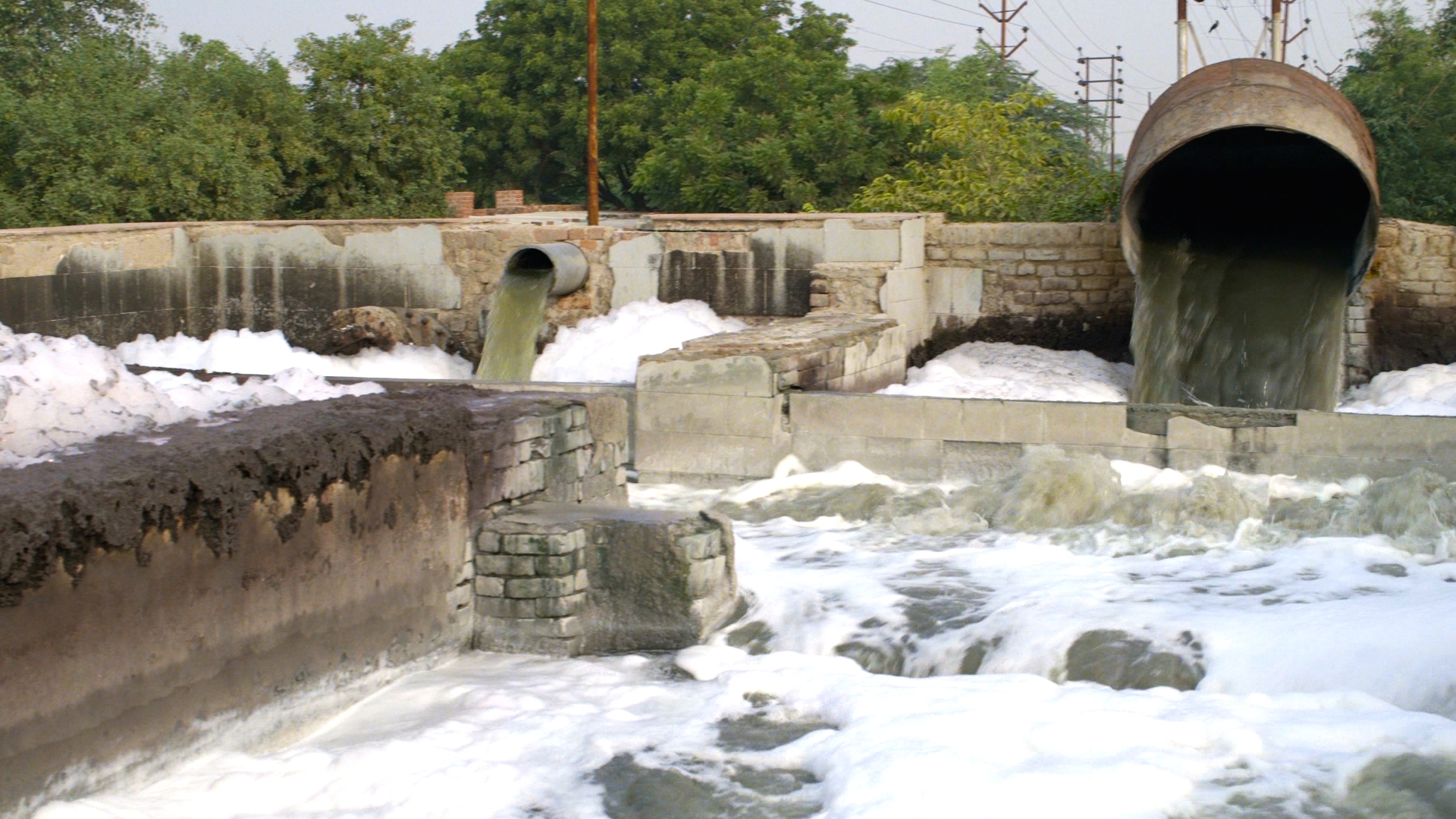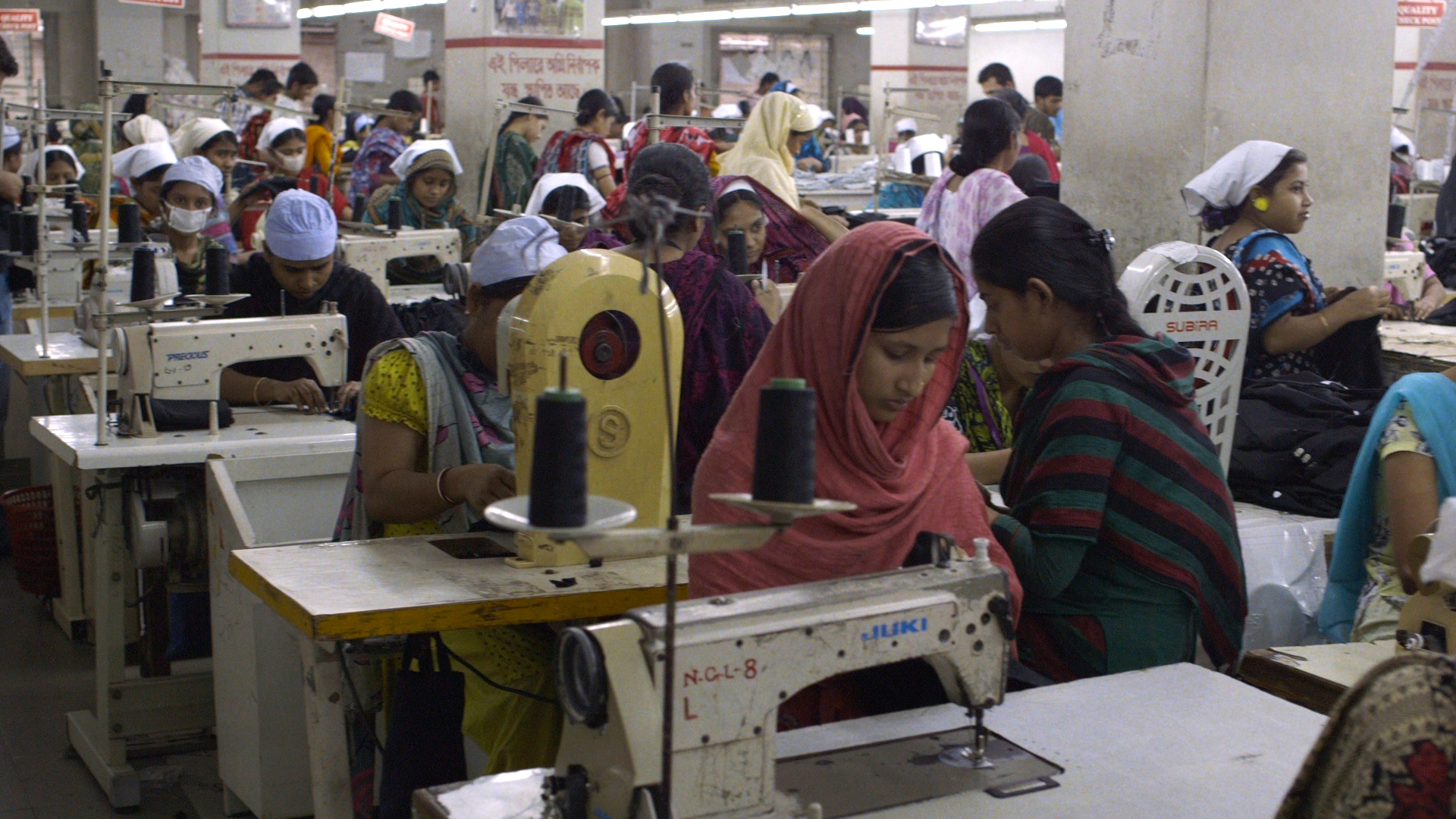KO Review of True Cost
What is the cost of the “Fast Fashion” Industry? A new documentary by Andrew Morgan dives deep into the True Cost in his new film. By traveling around the globe speaking to people from the top, all the way to the bottom and all across the spectrum of the business, Morgan exposes the roots from the seed to soil of what we put on our bodies as “fashion” all the way through its life cycle to where it ends up, in and on top of the soil again (landfills).
The film moves through a brief history of “Fashion” through social classes into present day America, where 3 % of what we wear is created and the other 97% outsourced from third world countries. These global production factories overseas that can afford to squeeze dollars out of the bottom lines because of cheap labour where there are little concerns in places for human rights.
Cameras follow a 23-year-old woman named Shima, a Bangladeshi garment factory worker who takes the audience on a first hand account of the industry there and how she lives in accordance to her job. Shima talks about the deaths that have happened because of the sheer disregard for working conditions, and the resistance she was faced with, when vocalizing these concerns to her bosses and the factory owner.
The fashion industry is a 3 Trillion dollar annual industry, driven by profit, capitalism and consumerism. Outsourcing the creation of these garments for fashion is a double-edged sword, that True Cost fairly depicts. On the one hand, these factories create jobs and opportunities for people in poverty that otherwise the alternatives usually are much worse. However, these factories have horrible environmental and health impacts on the people working there and living near them. Unfortunately there are limits to the natural world and environment, and these costs are not calculated into the bottom line when these large corporations are looking at their profits.
True Cost looks at the ethical, organic, sustainable Organization People Tree, a fair-trade fashion brand that starts their design process with the garment workers skills sets and will produce collections based around that. People Tree works with 10-60 organizations in developing countries to try to correct this industry problem. The fashion industry is the most labour dependant industry on earth, and 83% of these garment workers are women. Women with children, and some of them children themselves. They are the creators of life in these parts of the world, not just fashion. These women’s (and men’s) hands touch everything sold in stores in America. There is humanism in part of everything people wear, they really need to start thinking about and considering as consumers.
The documentary goes on to explore the farming of cotton and how the corruption of Monsanto, through its monopoly of selling seeds, that required more fertilizer that poor farmers couldn’t afford, subsequently lost their land, then contracted diseases such as cancer, that are treated by expensive pharmaceuticals that also have shares in the profit at Monsanto. Basically, the whole vicious circle of reaping what others sowed and profiting from their misfortune.
There is blame placed on the advertising industries that create the propaganda of consumerism, and how mass consumption leads to happiness, but that bleeds into the problems of capitalism and the economy as whole. People are becoming poorer and poorer because they keep buying and throwing away, buying and throwing away. Fast fashion creates this illusion to middle class people that they are rich because they can now buy 10 pairs of jeans a month rather than 2 a year, which was all people needed in the last century. People in America rarely wear things until they wear-out. Clothing, technology, and now human lives become disposable as a result of these materialistic ideologies that the industry has created through advertizing campaigns. But individuals at some point need to take responsibility for their actions too. It’s very easy for anyone to place blame on corporations, media and on capitalism in general. However, there needs to be a psychological shift collectively as a movement that stops supporting the fast-fashion industry or a least consume less so the industry begins to adjust accordingly.
The exploration of “fair-trade” and organic materials is well worth its investment. The earth is natures economy, and it is not infinite. Everything here on earth rests on nature’s economy. At a certain point, which True Cost points out, there needs to be a change that happens to start fixing this problem whether it is through recycling or transitioning to fair-trade and organic means of production. But either way, that needs to start individually at a psychological level. Consumption does not equal happiness. Materials will not fill voids in people’s hearts and quantity is not the same as quality.
I highly recommend everyone and anyone to watch this documentary as food for thought. It’s time to start thinking about where things we consume come from, and at what cost?
For more information on screenings of True Cost click HERE


